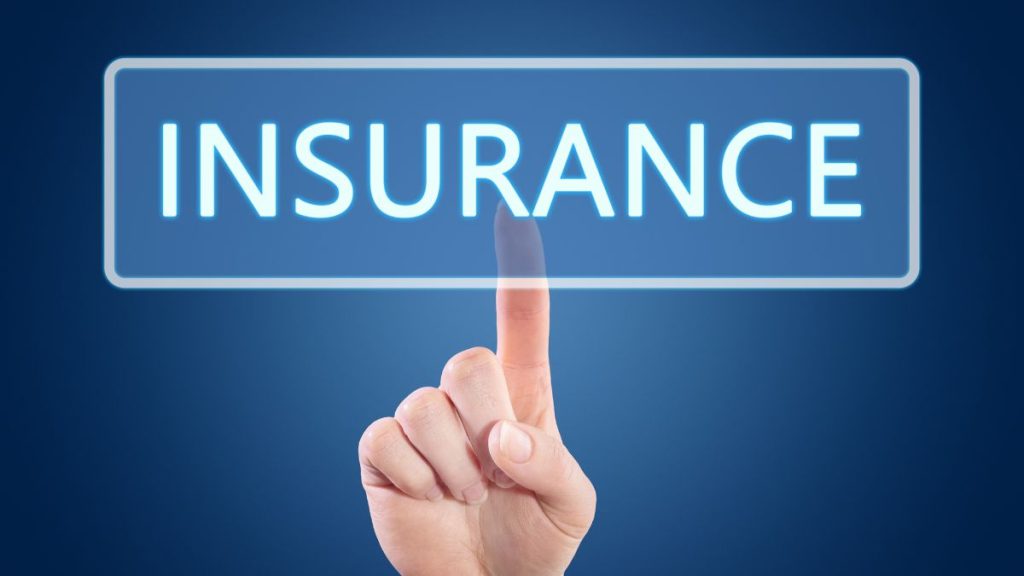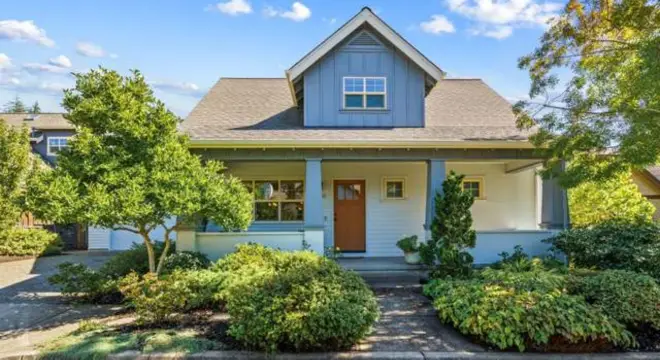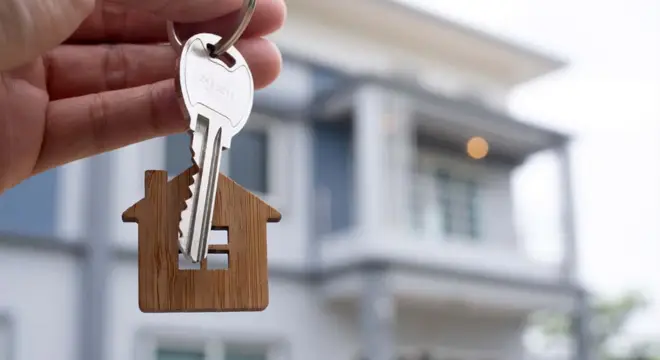Is Homeowners Insurance Mandatory When Purchasing a Home?
When I first bought my home, I thought insurance was just another monthly bill—something I could probably skip. But very quickly, I realized it’s way more than that. Homeowners insurance is basically a safety net.
You pay a relatively small amount each month or year, and in return, your insurance company promises to help cover unexpected costs that could otherwise wipe out your savings.
Think about it: a burst pipe, a fire in the kitchen, or even a sudden storm that damages your roof—these things can happen to anyone. Without insurance, you’re on the hook for repairs that could easily run into thousands of dollars.
I’ve seen neighbors have to rebuild parts of their homes after minor lightning strikes, and the bills were shocking.
The real value of homeowners insurance isn’t just in covering damage—it’s in peace of mind. You can live in your home without constantly worrying, “What if something goes wrong tomorrow?” It also protects your investment.
Even if you’re paying off a mortgage, lenders usually require insurance because they want to make sure their financial stake is safe.
Practical takeaway: Start thinking of insurance not as an optional expense, but as a safeguard for your home and your finances. Before you even close on a house, consider getting quotes, compare coverage, and make sure you understand what’s included—so you’re not caught off guard when life happens.
Why Lenders Require Home Insurance?

When I got my mortgage, I quickly realized that the bank wasn’t just interested in me—they were interested in protecting their investment. You see, lenders almost always require homeowners insurance before approving a loan. And it makes sense: if disaster strikes and your home loses value, the lender is at risk too.
I remember talking to a mortgage advisor who explained it like this: “We need assurance that the house can be rebuilt if something goes wrong.” And that’s why you’ll often hear the term “insurance binder”—proof that coverage is in place even before you officially own the home.
Practical takeaway: Don’t wait until closing day to start shopping for insurance. Get quotes, compare policies, and secure a binder early so you don’t run into last-minute stress.
Before deciding your coverage, it’s smart to know your home’s current value—these 4 must-know ways to instantly find out your home’s real value can help you plan the right insurance amount.
Do You Need Homeowners Insurance Without a Mortgage?
Here’s where things get interesting. According to Realtor, if you own your home outright, there’s technically no legal requirement to have insurance. That said, I can tell you from experience—you really do want it.
Think about it: would you be able to cover the cost if a tree fell on your roof, or if your water heater burst and ruined part of your home? I’ve had friends who thought they could skip insurance and ended up paying tens of thousands of dollars out of pocket for repairs.
Even without a mortgage, insurance is about protecting your investment and your peace of mind. I usually tell people, “It’s not just about following the law—it’s about avoiding a financial disaster that could derail your life.”
Practical takeaway: Even if you don’t need it, consider insurance as a safety net. Treat it as protecting the home you’ve worked so hard to buy.
For quick tips and updates on home protection, you can also join our WhatsApp channel—people often share real-life experiences and advice there, which can help you make smarter decisions.
What Home Insurance Covers
When I first reviewed my policy, I was surprised by how much it actually covered. Homeowners insurance isn’t just for fire or storm damage—it’s a broad safety net.
Here’s a quick snapshot:
- Wind and Hail: These are the most common claims, averaging around $11,695 per incident. I remember a neighbor whose roof got shredded in a hailstorm—insurance saved them from having to pay that entire cost out of pocket.
- Fire or Lightning Strikes: Though less frequent, these can be catastrophic. Average claims run over $77,000. Imagine losing your kitchen or living room overnight.
- Water Damage or Freezing Pipes: About 1 in 60 homes files these claims each year, averaging $11,650.
- Theft: Around 1 in 525 homes experiences this annually, with average payouts of $4,400.
- Personal Injury or Liability: Covers guests getting hurt on your property (or even pets causing injury). Claims average $30,000.
Practical takeaway: You might not think about lightning or a busted pipe today, but these things happen more often than we expect. Make sure your policy covers the risks that matter most to you.
And if you’re planning to sell or upgrade in the future, understanding potential home sale tax deductions can help you save even more on your investment.
When to Get Homeowners Insurance?

Here’s the lesson I learned the hard way: timing matters. Most lenders will want to see an insurance binder before closing, sometimes several days in advance. That means you need to start shopping for policies weeks before your closing date.
When I bought my first house, I started late and ended up scrambling to get quotes. Don’t make the same mistake. Compare providers, check coverage limits, and read the fine print. Knowing exactly what’s included—and excluded—can save you headaches later.
Practical takeaway: Plan ahead. Think of insurance as part of your home-buying timeline, not an afterthought.
While shopping for insurance, don’t forget that some common damages are often overlooked—check out these 7 things home insurance misses to avoid costly surprises.
Key Takeaways for Home Buyers
Here’s what I want you to remember:
- If you have a mortgage, insurance is almost always required.
- If you own the home outright, it’s optional—but skipping it is risky.
- Homeowners insurance covers disasters, liability, and unexpected expenses.
- Shopping early, comparing coverage, and understanding your policy can save you thousands.
I’ve learned that insurance isn’t just a piece of paper—it’s financial security and peace of mind. And if you haven’t thought about it yet, now is the perfect time.
Take a moment today to review your insurance needs. If you’re a first-time buyer, ask yourself: Am I truly prepared if disaster strikes tomorrow?
If you want to explore more tips on safeguarding your home and avoiding unexpected costs, check out our home guide on our website Build Like New for in-depth insights.
Disclaimer: This article is for informational purposes only and does not constitute legal or financial advice. Always consult with a licensed insurance professional or financial advisor for guidance specific to your situation. Coverage requirements and policies may vary by location and provider.


